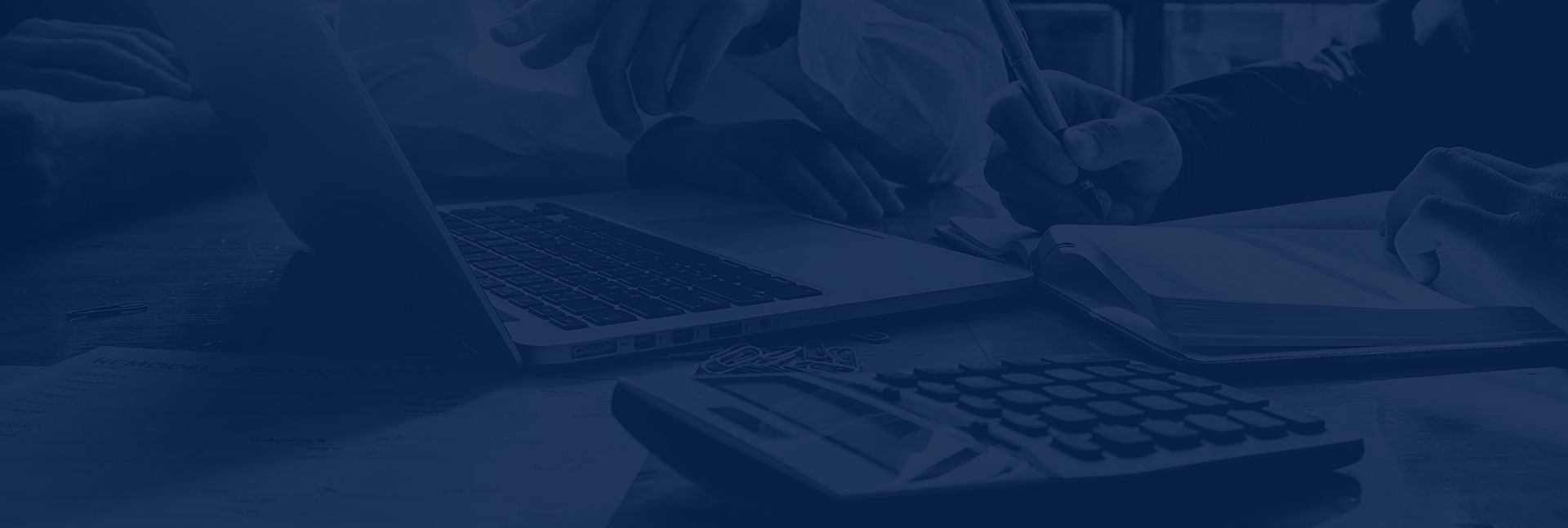

How We Can Help
Countless individuals and families in America suffer from the same financial concern: Their debts exceed their income. To put it another way, there is more money going out than there is coming in.
If you find yourself in a situation where your debts continuously increase with no end in sight, our law firm can help.
We offer assistance with several debt relief options, including:
- Chapter 7
- Chapter 13
- Credit Card Debt Collections
- Foreclosure Defense
- NYC Taxi Medallion Bankruptcy
- Frozen Bank Account
- Wage Garnishment
- Automobile Repossession
- Bankruptcy Exemptions
You are likely unfamiliar with most of these options for managing your debt problems. That is why we are here. We can sit down with you to assess your situation, explain the options that are available to you, and help you make an informed decision about how to move forward.
Get the Experienced Legal Counsel You Need
The Law Office of Seni Popat is committed to helping our clients navigate the complex process of recovering from serious debt. We are here to help you get out of your financial distress and work toward a bright future. When you hire our legal team, you can receive the personalized attention that you deserve and benefit from our years of experience handling hundreds of cases.
For quality legal services from A Queens Bankruptcy Lawyer who cares, call (718) 340-3385 today.

Awards & Recognitions


Making A Difference One Client At A Time
-
Sweet Face - via Google
 "Seni Popat was helpful, informative, knowledgeable and kind."
"Seni Popat was helpful, informative, knowledgeable and kind."
-
Daniel D. - via Google
 "Outstanding transparency and communication."
"Outstanding transparency and communication."
-
Former Client - via Google
 "Mr. Seni Popat and his team, at once, put me at ease, explicitly explaining and preparing me."
"Mr. Seni Popat and his team, at once, put me at ease, explicitly explaining and preparing me."
-
Deandra Lindor C. - via Google
 "The best you can find!"
"The best you can find!"
-
Isaek E. - via Google
 "Professional with a family feel."
"Professional with a family feel."











